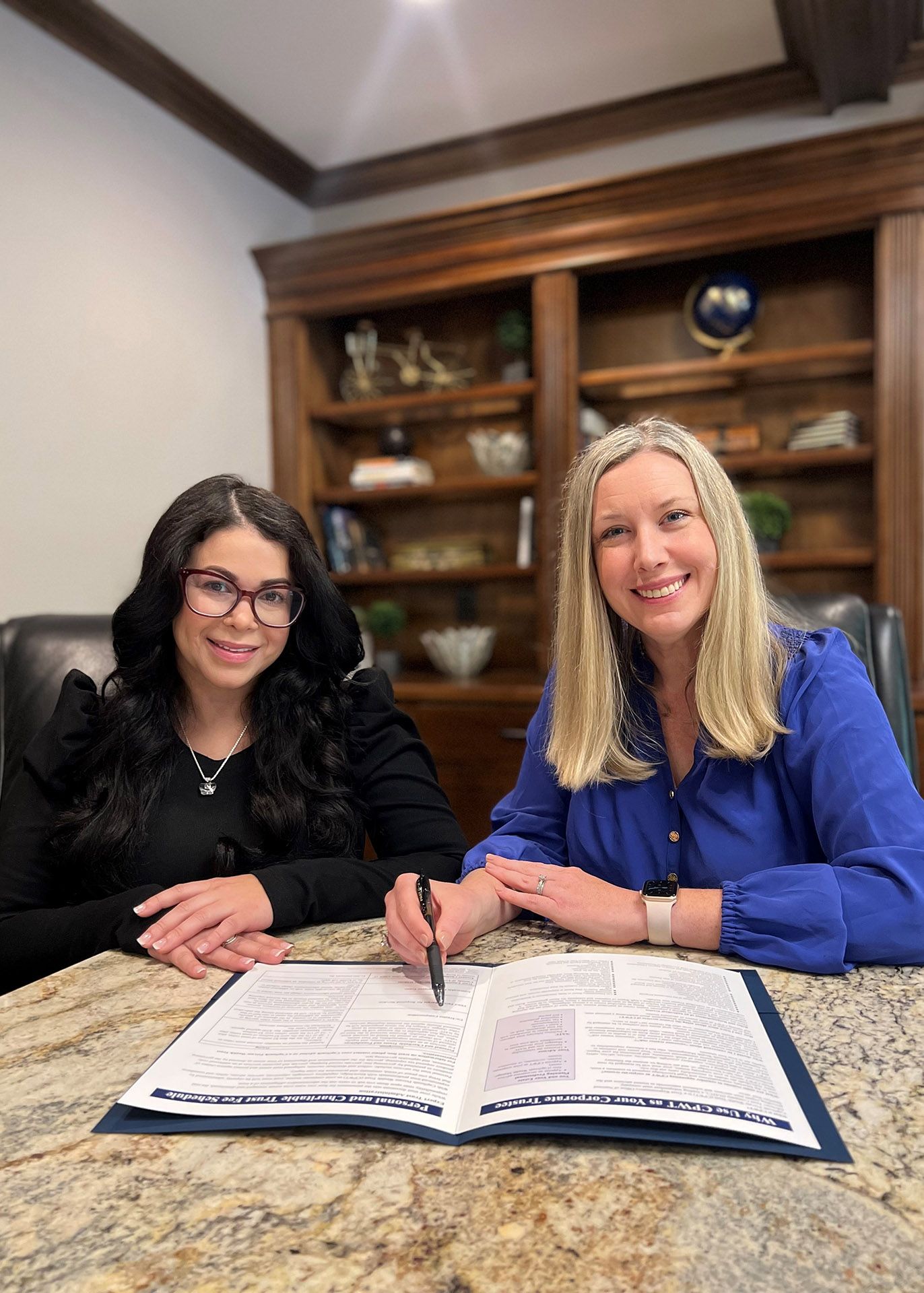“Those who work their land will have abundant food, but those who chase fantasies have no sense.” This ancient advice from Proverbs illustrates the importance of financial fitness.
What is financial fitness? Well, we are all familiar with the term physical fitness. If pressed for a definition, we might define it in terms of our own ideas and circumstances.
When it comes to an explanation of financial fitness, the same applies. A lot may simply depend on the season you are in. Financial fitness might mean something different to someone who is single versus a couple with young kids, an empty-nester or a retiree. Even within those demographics, one’s perception could be colored by personal circumstances. Are you saddled with debt, debt-free, renting or a homeowner?
There are many ways to get ahold of your finances; you can increase earnings, lower spending, start saving more (short-term and longer-term) and implement debt management. For many, earnings are difficult to influence in the short-term. For most, tackling the spending side of the equation will yield the quickest results. Below we consider six principles that will help you get into financially fit shape wherever you find yourself in life.
6 principles for financial fitness
“An investment in knowledge pays the best interest.”—Benjamin Franklin
- Set goals. If you don’t have concrete financial goals, both shorter term and longer term, reaching some level of financial fitness becomes much more problematic. Simply put – you don’t have a destination. You are financially adrift. As George Harrison has noted, “If you don’t know where you’re going, any road will take you there.”
Short-term goals you might consider: Establishing three to six months of cash in an emergency fund, saving for a down payment on a home or auto, or saving for a vacation.
Long-term goals you might consider: College savings for your kids or saving 10-15% of your income for retirement.
- Do you know what ‘buckets’ your income lands in? How do you spend your income? If you aren’t tracking expenditures, you won’t have a holistic picture.
You might be surprised at how much you spend on eating out, on entertainment, and even on a daily habit of barista-prepared lattes.Unnecessary spending can be diverted into savings or paying off debt, especially high interest rate credit cards. Make timely payments. This will not only prevent you from accruing needless fees, but it will raise your credit score.
Once credit cards are paid off, channel the excess funds into savings. When you accomplish shorter-term goals, reward yourself. It need not be extravagant, but accomplishments should be celebrated.
Finally, you will struggle to follow a plan that is too draconian. Trim frivolous spending but leave some room for fun and hobbies.
- Your lifestyle shouldn’t exceed your income. If it does, you are burning through savings or taking on debt, and your stress level will likely reflect it.
Excessive spending is not a path that leads to financial fitness. You want financial space in your life. You want ‘money at the end of the month,’ not ‘month at the end of your money.’ A budget is your blueprint that helps achieve this goal.
- Invest wisely. Among various factors, your financial goals, both shorter and longer term, will greatly influence the proper mix of investments. A diversified portfolio that crosses the spectrum can reduce risk and enhance your return over the long run.
“Don’t look for the needle in the haystack. Just buy the haystack!” advises John Bogle, founder of Vanguard. In other words, diversify!
We are here to assist you with that. Our recommendations are tailored to your financial goals and your unique circumstances.
We avoid get-rich-quick schemes, which are usually nothing more than schemes minus the riches. Accumulation of wealth over a longer period is our goal. We believe it should be yours, too.
“Investing should be more like watching paint dry or watching grass grow. If you want excitement, take $800 and go to Las Vegas.” says Paul Samuelson, the first American to win the Nobel prize in economics.
- Enjoy your retirement. Many enter retirement after accumulating wealth over decades. They have learned how to save. For some, suddenly relying on that savings rather than earning income from labor seems like a daunting leap, one they may be ill-prepared to make. It doesn’t have to be that way.
Your financial plan continues to be a valuable resource in retirement. Your level of spending in retirement, both regular expenses and those planned extras along the way, along with how much risk you should be taking, when and how to draw Social Security and other sources of income…these factors and more should be considered within a sound financial plan.
Clients are often surprised when we encourage them to spend more money. As you work to identify your values and what is important to you, we want to see you realize those dreams and enjoy your life to the best of your ability. Your plan serves as an outline that arms you with knowledge of necessary guardrails and enhances your financial fitness.
- Protect your assets. Do you have life insurance, health insurance, and personal liability insurance? Do you have a will and estate plan? Who are your beneficiaries? What happens if you become disabled? Do you have a trusted advisor to handle your affairs? What about a back-up?
If you own your home without a mortgage, do you have homeowners’ insurance? Surprise, not all do. If you rent, renters’ insurance is cheap. It’s a must-have item in our opinion.
Absorbing the fundamentals—the foundation for success
Those who fail to put sound principles into practice are like those who build their homes on sand. The rains come and the winds blow, and financial misfortune overtakes them.
Wisdom encourages us to build our homes on a solid financial foundation. Though the rains come and the winds blow (and they will), the house and foundation are designed to withstand financial storms. In the words of Maren Morris, “If the bones are good, the rest don’t matter!”
Every situation is unique. You may have mastered the fundamentals, and only need to apply the principles we highlighted selectively, plugging small holes and shoring up your finances. Or a more aggressive approach might be in order. Focus on one theme at a time. Some may apply. Others may not.
Having said all that, we never want to give the impression that you are all alone on a financial lifeboat. We are always here to assist.
To learn more about CapSouth Wealth Management and the services we offer, visit our website at www.capsouthwm.com or capsouthwm.com/what-we-do/
By: Scott F. McDowall, CFP® | Wealth Advisor
CapSouth Partners, Inc, dba CapSouth Wealth Management, is an independent registered Investment Advisory firm. Information provided by sources deemed to be reliable. CapSouth does not guarantee the accuracy or completeness of the information. CapSouth does not offer tax, accounting or legal advice. Consult your tax or legal advisors for all issues that may have tax or legal consequences. This information has been prepared solely for informational purposes, is general in nature and is not intended as specific advice. Any performance data quoted represents past performance; past performance is no guarantee of future results. This article contains external links to third party content (content hosted on sites unaffiliated with CapSouth). CapSouth makes no representations whatsoever regarding any third party content/sites that may be accessible directly or indirectly from this article. Linking to these third party sites in no way implies an endorsement or affiliation of any kind between CapSouth and any third party, including legal authorization to use any trademark, trade name, logo, or copyrighted materials belonging to either entity.



